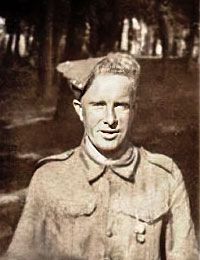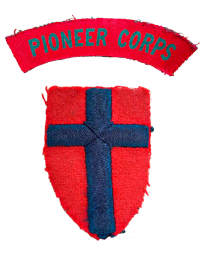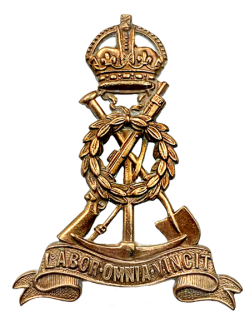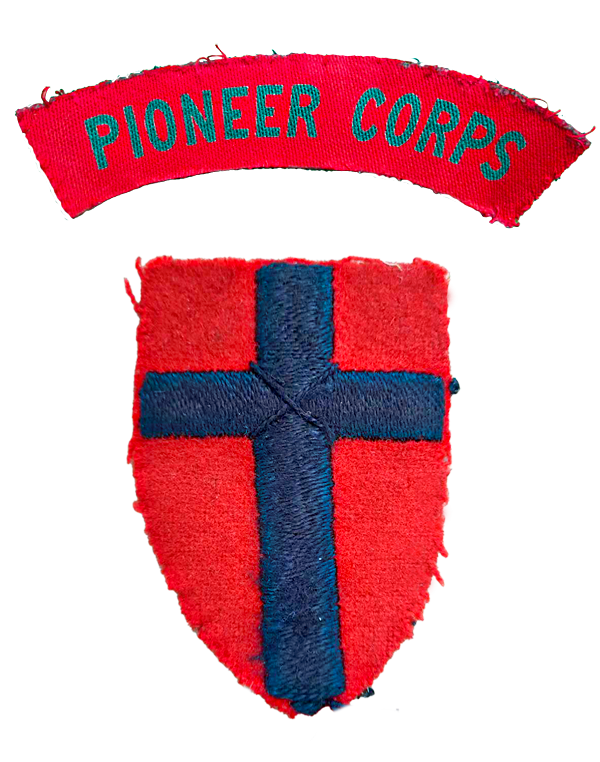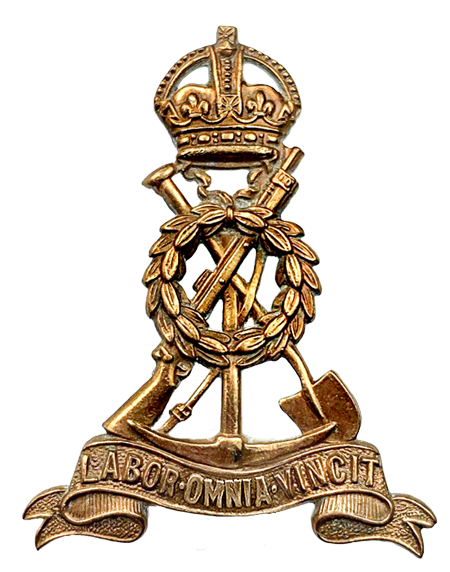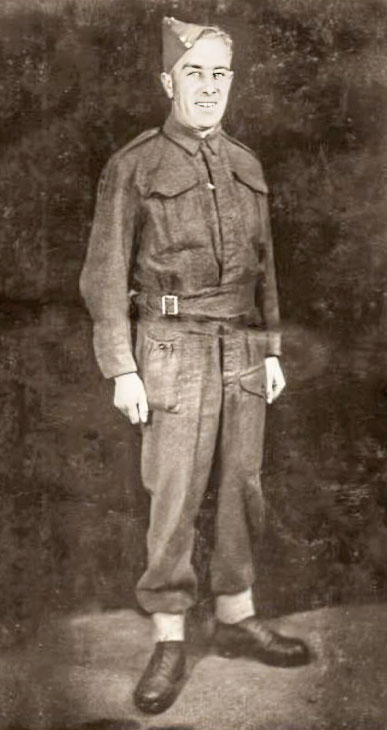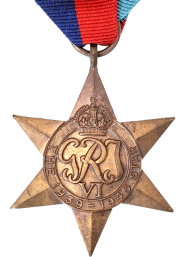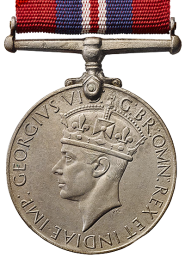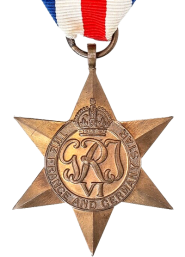Ralph Wilson came from Middle Rainton County Durham. He was conscripted into the army in 1939, and there joined the Royal Pioneer Corps and did his initial training at Catteric Camp. Where they trained first as regular infantry then Demolition, Railway and Road Repair Etc along with other military training.
He told me that they would serve as regular infantry regiment, for some weeks and at other times doing whatever other work was required. He told me they preparing ready for D-Day, for some time. They were taken to a southern harbour and loaded onto a transport vessel and into landing craft ready to go, but somehow it was put off for a day, so they stayed for a day waiting onboard ship ready to go.
On the way to France
They day they left, the crossing was fine, no problems at all, all a bit nervous, some men sick with worry. Well this was D-Day + 1. They were unloaded, from the transport vessel in their landing craft proceeded to go ashore, he said they could see nothing, only the man steering the boat was able to see where they were going. But apart from an odd bit of shellfire the trip ashore was quiet. Next a shout “Prepare to disembark” down went the front of the craft, and everyone scrambled out. Into nearly 5 feet of water, soaked through rifle held overhead and onto the beach to see a complete mess, bodies washing back and forth in the waves, torn up barbed wire, rifles and abandoned equipment was everywhere.
The scars of battle
But the fighting had moved away from the beaches, so they were not under fire. He told me they went to look into the German bunkers and gun emplacements. One large gun emplacement in a large concrete bunks that they went into was a shock. A shell from the naval bombardment had by sheer luck, gone into the bunker through the gun aperture, before exploding inside. He said the walls floor and ceiling were covered with blood, bits of flesh and bone, and torn up fragments of uniform. Ralph said the poor buggers must never have known what hit them.
After France
Well from there he went through France, into Belgium, and on to Germany, The helped prepare for the Rhine crossing, they put up a sort of battery of lights, flashing somehow to try to confuse the Germans when the boats went over. He said they took loads of prisoners, most were amicable, just glad the war was over for them , talked, shared a fag and photos, just like our lads in different uniform, no animosity at all, that is apart from some very young Hitler Youth who were very unpleasant.
Back home
He came home safe, slept on the floor for many weeks, unable to get used to a soft bed and returned to his life a lot slimmer man.
